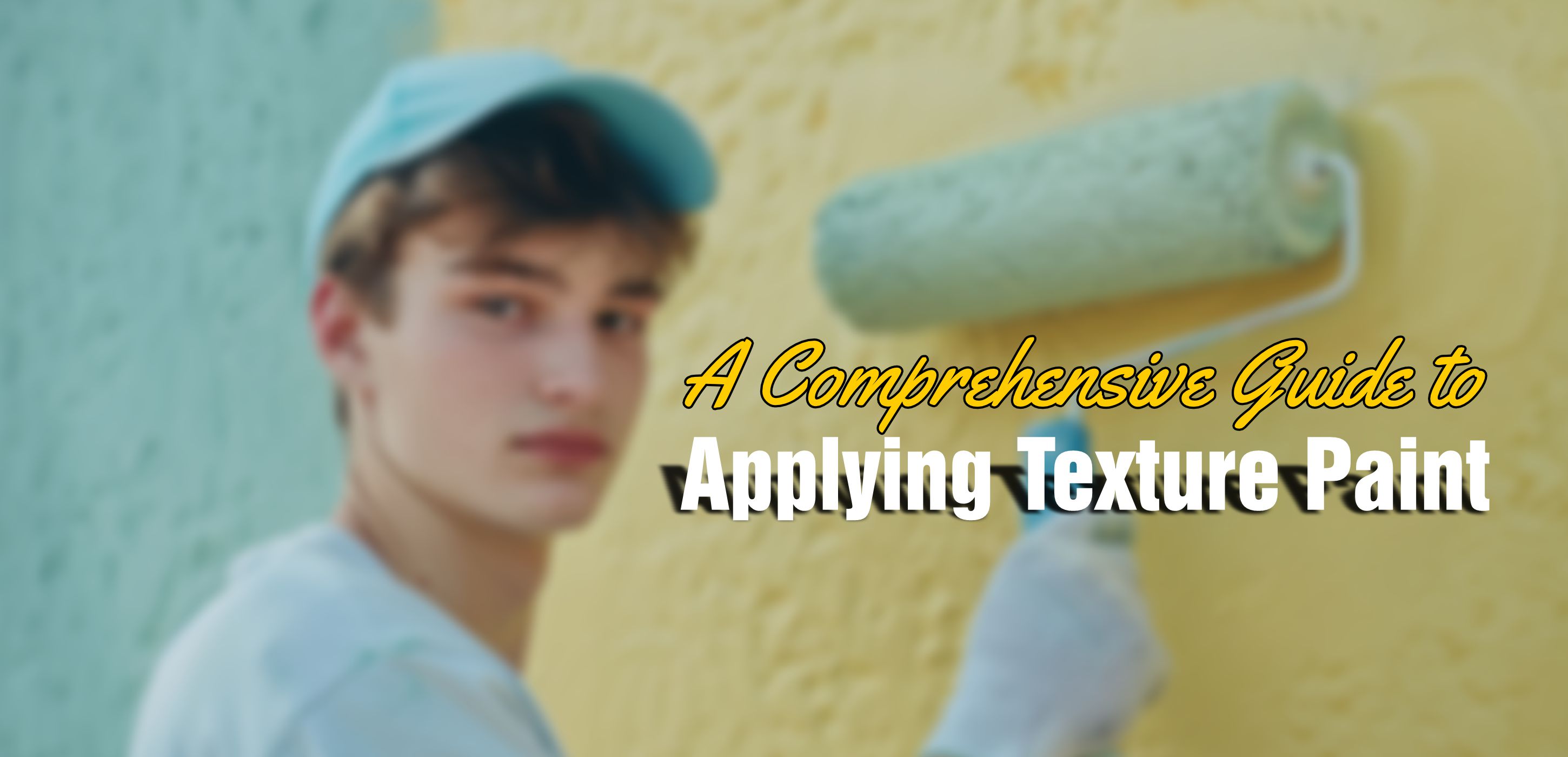23,Oct,2024
A Comprehensive Guide to Applying Texture Paint
Briefly discuss the
versatility and appeal of texture paint.
Highlight the potential for
creating unique and visually stunning wall finishes.
Outline the benefits of
using texture paint, such as durability, hiding imperfections, and adding
depth to a room.
Choosing
the Right Texture Paint:
- Explain different types of
texture paint (e.g., splatter, knockdown, orange peel, sand, etc.)
- Discuss factors to consider
when selecting texture paint, such as desired effect, room size, and
personal style.
- Provide recommendations for
specific types of texture paint suitable for different applications (e.g.,
bedrooms, living rooms, kitchens).
Preparing
Your Walls:
- Emphasize the importance of
proper surface preparation for optimal texture paint application.
- Detail steps involved in
cleaning, patching, sanding, and priming walls.
- Offer tips for ensuring a
smooth and even base for the texture paint.
Applying
Texture Paint:
- Provide detailed
instructions for applying texture paint using various techniques (e.g.,
roller, trowel, spray gun).
- Explain how to create
different textures and effects, such as smooth, rough, or patterned
finishes.
- Offer tips for achieving a
consistent and professional-looking result.
Drying
and Curing:
- Discuss the recommended
drying time for texture paint.
- Explain the importance of
proper curing for the paint to reach its full durability and appearance.
- Provide guidelines for
maintaining the texture paint finish after application.
Finishing
Touches:
- Discuss options for painting
over texture paint to create a two-toned effect or add color.
- Provide tips for sealing
texture paint to protect it from stains and wear.
- Suggest ideas for
incorporating texture paint into your overall home decor.
Troubleshooting
Common Issues:
- Address potential problems
that may arise during texture paint application (e.g., uneven texture,
drips, bubbles).
- Offer solutions and tips for
correcting mistakes and achieving a flawless finish.
Conclusion:
- Recap the key points
discussed in the blog post.
- Emphasize the transformative
power of texture paint and its ability to create a unique and personalized
space.
- Encourage readers to
experiment with different texture paint techniques and styles.
Disclaimer:
The information provided in this
blog post is intended for general knowledge and informational purposes only. It
does not constitute professional advice. Please consult with a qualified
professional for advice tailored to your specific needs. The author and
publisher of this blog are not responsible for any errors or omissions in the
content.













